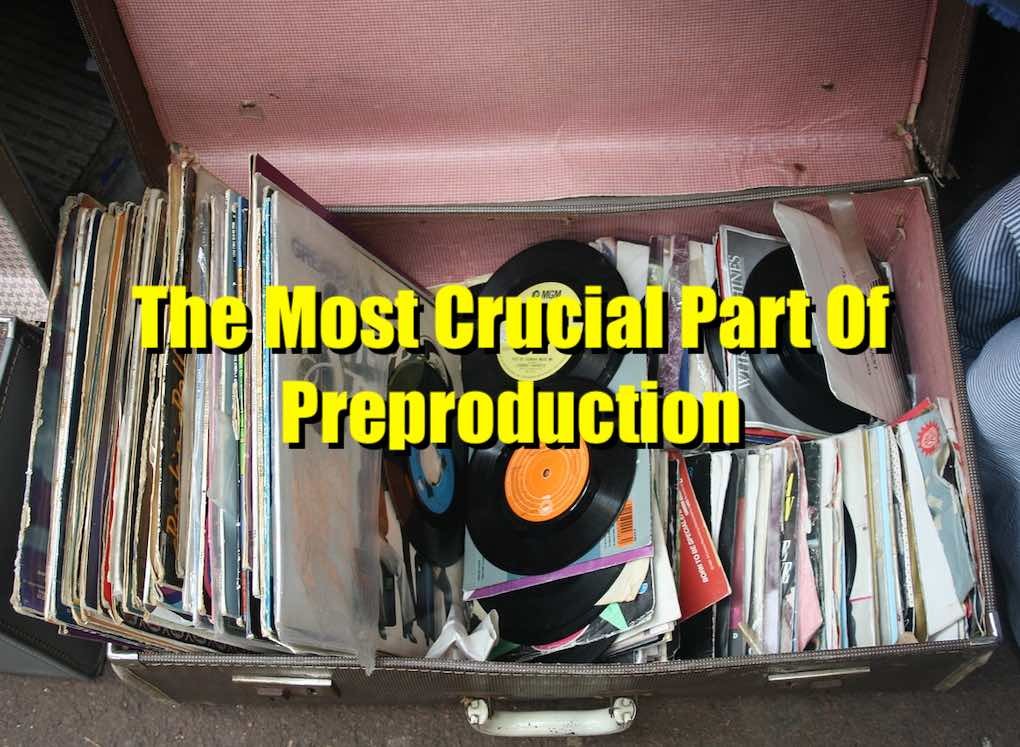- in Production by Bobby Owsinski
Producers, Don’t Overlook This Crucial Part Of Preproduction

If you’re a producer that’s about to work with a new artist or band, there’s a crucial part of the preproduction process that’s very often overlooked. It’s the “Getting To Know You” phase where you actually sit down with an artist to find out what are the influences that got them to this point. This should happen even before getting to the studio to work out parts.
Let’s Talk
Preproduction is often so much more than the process of working out songs. For a producer working with a new artist or band, it’s a time of getting to know each other. It’s important for the producer to learn the likes and dislikes of the artists he or she is working with. What food do they like? What music do they listen to? Do they have a strong political view? How about their working habits and idiosyncrasies?
Knowing these things can help the producer determine how far to push a singer, or discover what gets the best performance out of the guitar player, or the signs of when the drummer is getting tired, or the hot-button issues of the day to stay away from. If you’re going to be working closely with an artist, even for a short time, the more you know about him or her, the better you can serve the project.
Let’s Listen
One of the most important aspects of getting to know an artist is learning what music he or she loves, was influenced by, and is listening to now.
Back in the days of the vinyl record, one of the most effective ways of doing this was for the producer to go to the artist’s house and have them throw a bunch of albums from their collection on the floor and then describe what they liked and didn’t like about each one.
Today, it’s more about looking at a favorite Spotify playlist, but the same thing is accomplished. Among the questions to ask might be the following:
- What do you like or dislike about the artist you’re listening to?
- Do you like the sound of the recording?
- What recordings do you like the sound of?
- What are some of your favorite records? Why?
- Who are your biggest influences? Why?
- If you have a body of work as a producer already, what does the artist like about you? Why?
You can add any number of questions to those above, but you can see where this is heading. This is the information that you need to help attain the artist’s vision.
It gives you a common point of reference so that you can say, “Let’s go for a sound like the lead guitar on The Cure’s “Boys Don’t Cry,” and have the artist know exactly what you mean because you’ve found out in preproduction that’s one of his or her favorite songs.
Or if the artist says to you, “Can we get the sound like on Olivia Rodrigo’s “good 4 u,” you’ll know exactly what he or she is talking about.
Just showing up at rehearsal or the studio without working through the this crucial part of preproduction means that you’re learning about the artist on the fly. This can result in extra time spent on things that could have been discovered previously thanks to going through the “getting to know you” phase.
You don’t have to become friends with the artist (although it happens), just find out a little about how they think. This will make the sessions go faster, be more productive, and will help keep the vibe light while you work.
You can read more from The Music Producer’s Handbook and my other books on the excerpt section of bobbyowsinski.com.

